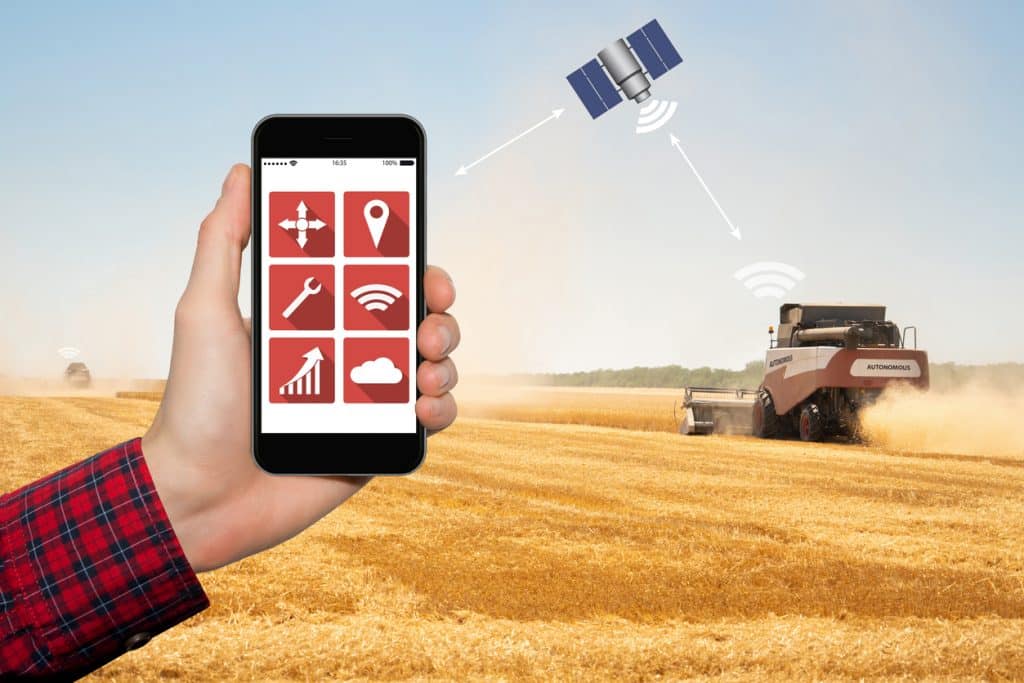
Although RTK surveying equipment might be what people know best when it comes to GPS equipment, it is far from the only technology that uses satellite navigation. Indeed, there are many RTK GPS systems that are entirely independent of the surveying industry, including farming GPS systems used to increase efficiency and accuracy in agriculture. Modern gps in farming allows farmers to optimize fieldwork, reduce waste, and improve overall crop yields.
GPS in farming brings the ability to plan, monitor, and manage fields with accuracy. The tools enable farmers to map fields in detail, track crop growth, and monitor soil conditions.
By using GPS, farmers can optimize resource allocation, applying water, fertilizers, and pesticides only where needed, which reduces costs and minimizes environmental impact. Automated guidance systems on tractors and other machinery help maintain consistent planting patterns and field coverage.
GPS technology also provides real-time monitoring and data collection so that farmers can make decisions quickly. It works beneficially for multiple tasks: adjusting planting schedules, identifying underperforming areas, or planning crop rotations. The insights gained from GPS-enabled tools can bring farmers higher yields, improved crop quality, and more profitable harvests.
Tractors
Many modern tractors come equipped with RTK GPS systems that help them navigate fields autonomously. This is essential for planting and harvesting crops, as well as ensuring a consistent and repeatable process for farmers.

Herding
For ranchers, RTK GPS systems can be used to lead herds between grazing areas, pastures and living quarters. Either as a handheld unit or as part of a vehicle, the equipment makes navigation a breeze and helps to reduce lost cattle instances.
Crop Planning
Before planting, RTK survey equipment can be used to plan the crops, including substitutions, crop borders and more.
By leveraging GPS, farmers can gain long-term advantages in productivity, sustainability, and profitability:
While the applications for RTK GPS systems are certainly very interesting to read about, they are even more interesting to see in action. Learn more about farming GPS systems, the technology, services and products available by contacting our team today.
Bench Mark Equipment & Supplies is your team to trust with all your surveying equipment. We have been providing high-quality surveying equipment to land surveyors, engineers, construction, airborne and resource professionals since 2002. This helps establish ourselves as the go-to team in Calgary, Canada, and the USA. Plus, we provide a wide selection of equipment, including global navigation satellite systems, RTK GPS equipment, GNSS receivers, and more. We strive to provide the highest level of customer care and service for everyone. To speak to one of our team today, call us at +1 (888) 525-7538 or email us at [email protected]
